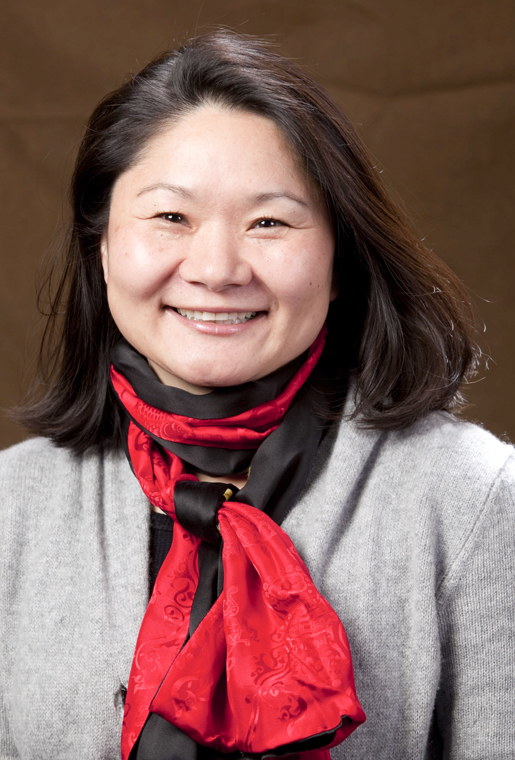Former WKU employee Eckhardt files complaints through civil court, EEOC
August 30, 2011
Amy Eckhardt, the former director of Scholar Development for the Honors College who was fired in April, is now suing the university claiming WKU violated the law and her privacy by releasing her termination letter to the Herald.
According to Eckhardt’s complaint, she is suing the university for violation of the Kentucky Whistleblower’s Act, the Kentucky Open Records Act, invasion of privacy and libel.
The Herald first obtained a copy of the termination letter written by Craig Cobane, executive director of Honors College, to Eckhardt from the university last April through a Kentucky Open Records Act Request.
Under the Kentucky Revised Statutes, WKU is subject to state open records laws and therefore must provide requested records for inspection within a reasonable amount of time.
In Eckhardt’s complaint, she alleges that because WKU released the letter without redaction or any prior notification of the release, the university violated the section of the open records act that exempts certain records from inspection or release. Included in the exemption are records that contain personal information that “the public disclosure thereof would constitute a clearly unwarranted invasion of personal privacy,” according to the KRS.
The complaint goes on to say Eckhardt was not given notification of the release of the letter nor a chance to object, and because the letter is now available on the internet, the “damage to the Plaintiff in regard to her reputation and career is devastating.”
In the letter, Cobane said Eckhardt created an “emotionally and psychologically abusive and hostile office environment,” subjected staff to “personal rants and complaints,” and that Eckhardt was “denigrating students and staff in public areas.”
The statements in Cobane’s letter include defamatory language and false and malicious words about Eckhardt, according to the complaint. Because Eckhardt was still under contract with WKU at the time the letter was published, she could not answer the Herald’s request for comment regarding the accusations without forfeiting the rest of her pay. The suit claims this was done to intentionally harm the plaintiff.
Additionally, the document says the release of the termination letter was highly offensive, unreasonable and an intentional intrusion upon Eckhardt’s privacy that has caused her to suffer damages.
“It is our position that some of that information should have been redacted because it was of a personal nature,” said Pamela Bratcher, a Bowling Green attorney and Eckhardt’s counsel. “I do believe it is a very strong case.”
However, Deborah Wilkins, WKU’s chief of staff and general counsel, said the university has complied with the law at all times, and that there are “numerous” opinions from the attorney general’s office that will support the university.
In addition to the complaint filed in civil court, Eckhardt has also filed a claim with the Equal Employment Opportunity Commission, a federal law enforcement agency that handles discrimination claims. A copy of this complaint was given to the Herald from Bratcher’s office.
The EEOC complaint filed on June 28 alleges that Cobane discriminated against Eckhardt because of her gender and retaliated against her for vocalizing complaints against him and her working conditions.
Eckhardt felt pressured to listen to Cobane talk about his dating and sex life on more than 70 occasions at work in order to be “one of the guys” and earn respect from Cobane, who does not value women in leadership roles, according to the complaint.
Wilkins said she has filed a response to the EEOC denying the claims and any wrongdoing by WKU or Cobane and that she does not wish to comment further on the matter at this time.
Performance reviews within Eckhardt’s personal file were not made available to the Herald in the open records request.
Batcher said she, too, has not been given access to her client’s reviews at this time and the university only released negative documents about her client and have kept all positive files in their possession.
Eckhardt is seeking compensatory and punitive damages, attorney and court fees and any other relief granted to her by state law.













